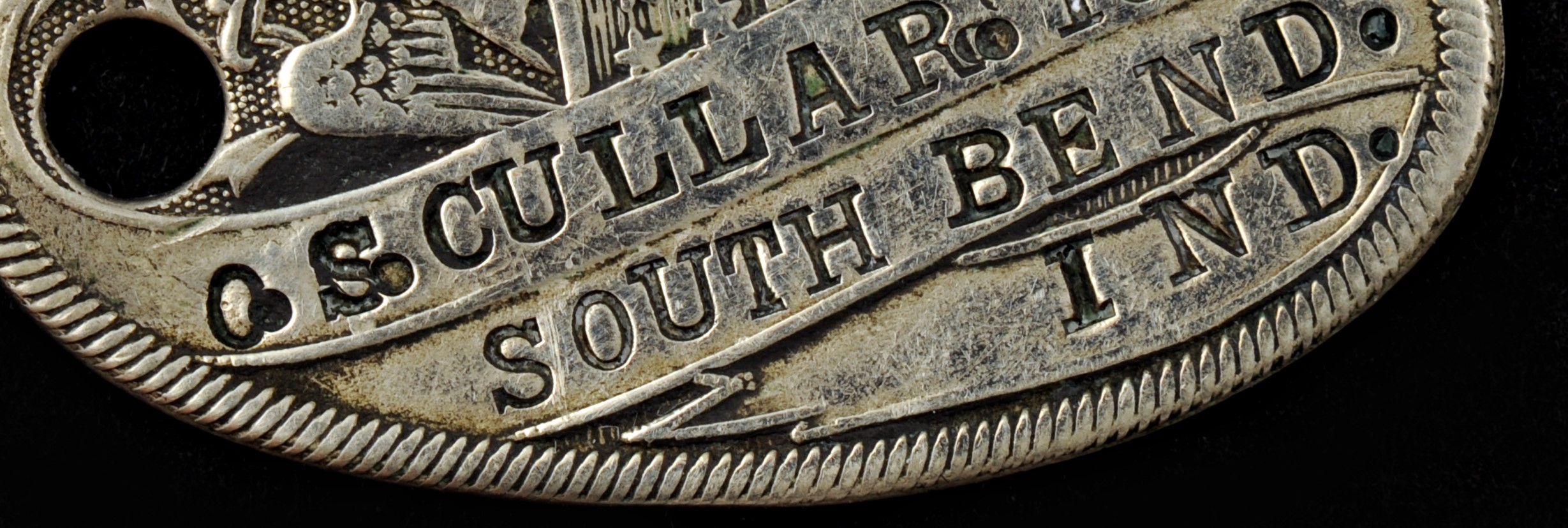We did it! We held our first workshop and it went really well! If that’s all you want to know - stop here and get back cruising through the internet. If you want to know more – and we hope you do – read on!
On May 8th, the Civic Switchboard team held its first workshop in Atlanta, Georgia, before the 2018 spring partner meeting of the National Neighborhood Indicators Partnership (NNIP). Participants in the workshop represented 11 separate communities around the United States. It was our privilege to convene this group of enthusiastic, thoughtful, and innovative people in one room in Atlanta.
The workshop was a real beginning to one of our project’s core goals: to bring together librarians and civic data intermediaries from the same geographic community in order to get a better handle on their own civic data ecosystems, design new local data projects and partnerships, and learn from innovative peers from across the country. To further relationships between library and civic data communities, five librarians were able to attend the NNIP partner meeting for the remainder of the week. We’ll be sharing their reflections in a forthcoming blog post.
We wanted the workshop to build the relationships of each regional team and to prepare the team members to take action together after the workshop. To facilitate this, our design included many hands-on, participatory activities throughout the afternoon.
The first of these activities had teams work on mapping their own local civic data ecosystem using poster sheets, post-it notes, and markers. We provided an introduction to ecosystem mapping, and a list of prompts for Identifying Ecosystem Players to help identify what they might include. Note: All project materials linked here are also available in our project toolkit.
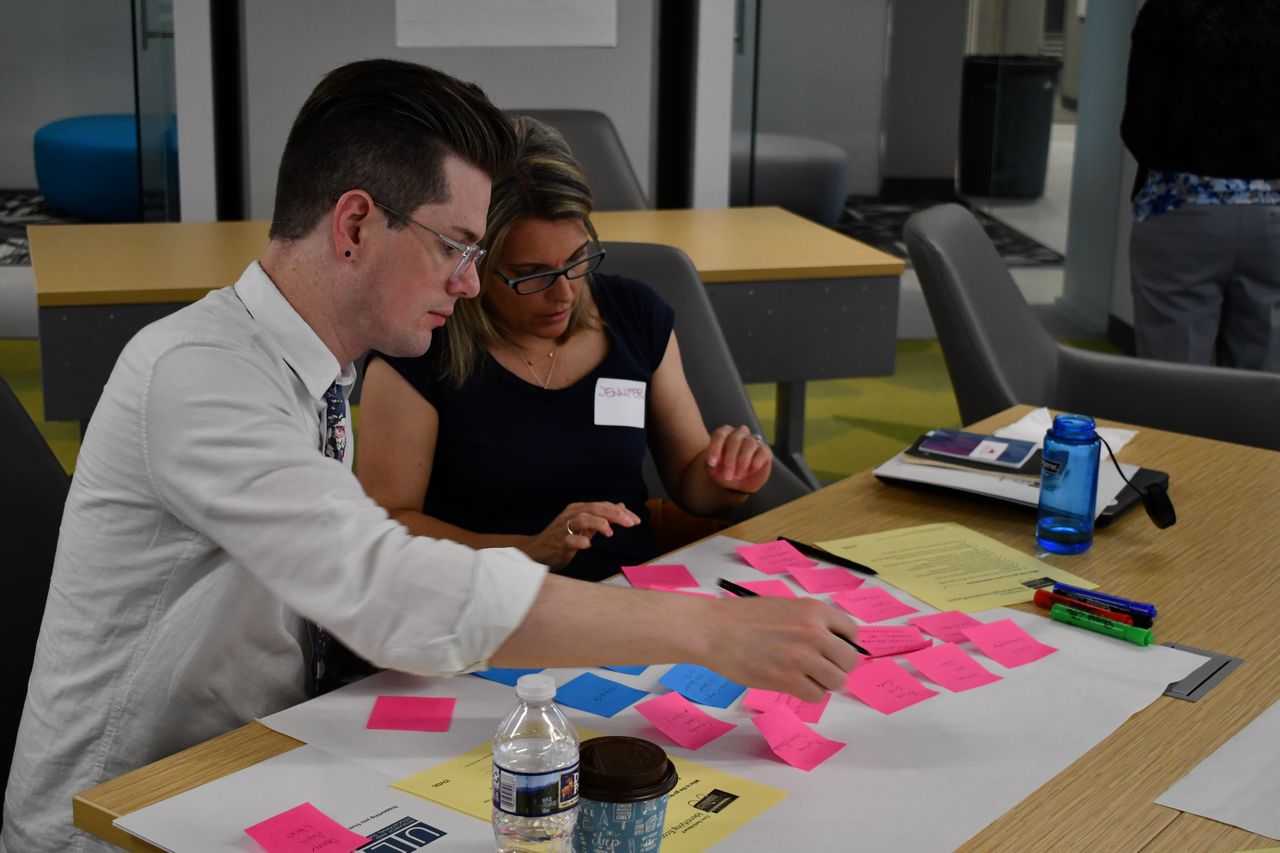
Participants took a variety of approaches to map their ecosystem. Some of the teams started by methodically building lists of organizations, institutions, people, and tools before defining the relationships between them. Others just jumped in and started a chain of connections from one organization outward, building their map into a dense network. We loved to see the variety of taxonomies, color codings, and styles that emerged in the maps.
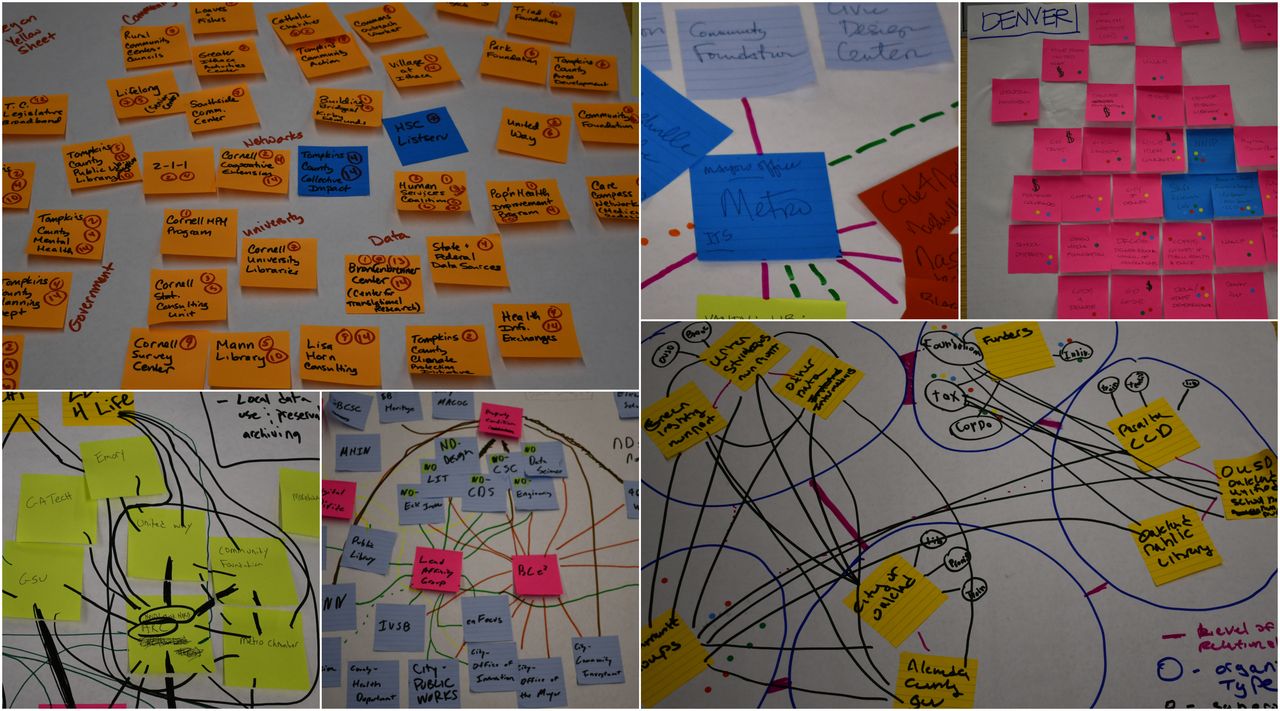
Teams were encouraged to walk around the room and draw inspiration from the other maps before finalizing their design. We shared another set of prompts: Exploring Other Ecosystem Maps.
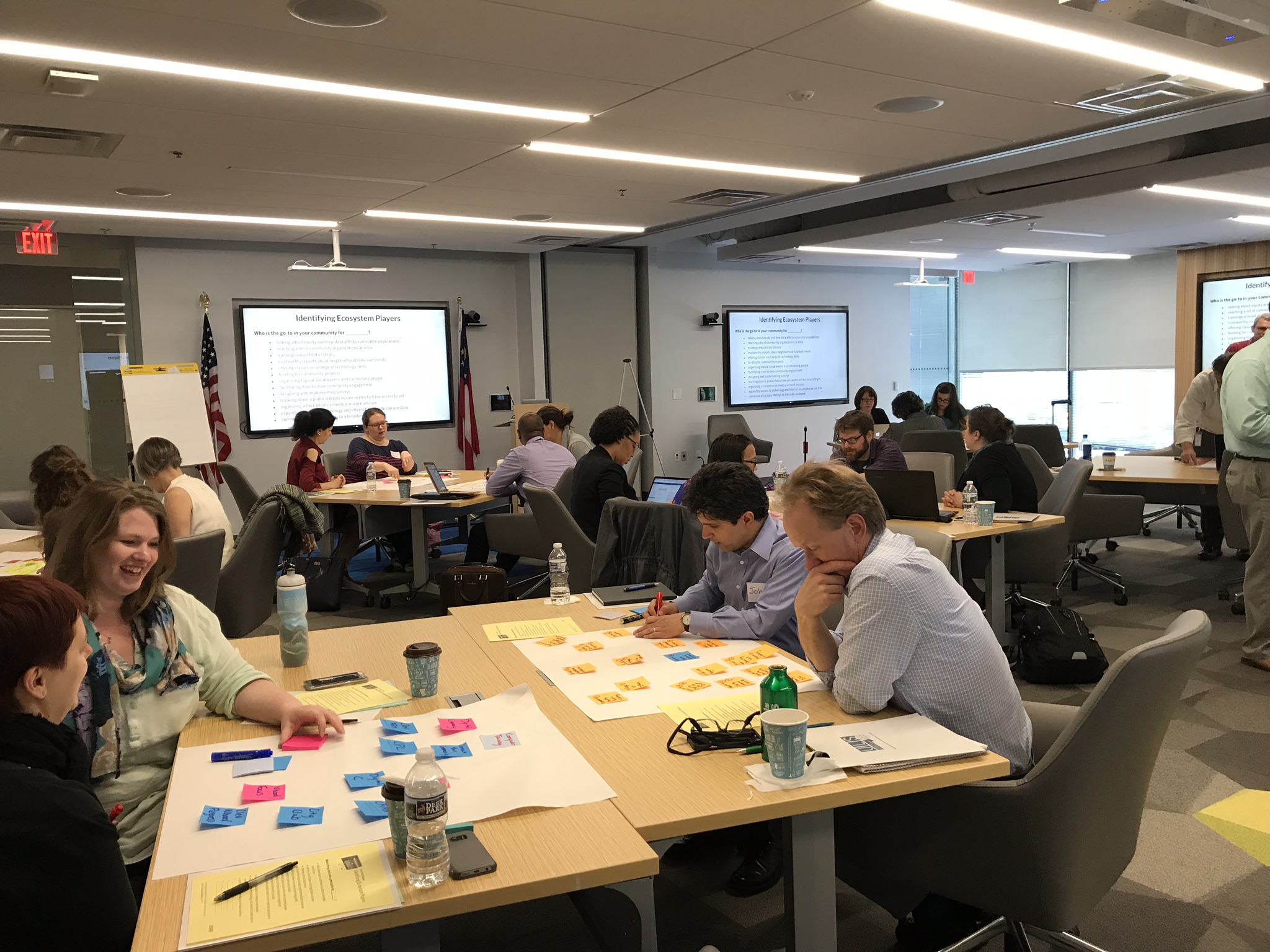
Our second activity had each team plan a collaboration in their local ecosystem. For inspiration, we shared example civic data initiatives librarians have been involved with in their local communities. Many of these are included in our still-developing Typology of Library Roles in Civic Data Partnerships. The teams’ process was guided by a planning canvas which begins by identifying the audience for the activity. From there, teams moved throughout the canvas, describing the values, goals, concept and additional partners needed to implement the event. The canvas also includes a place for the partners to describe the next steps they’ll take once they return home.
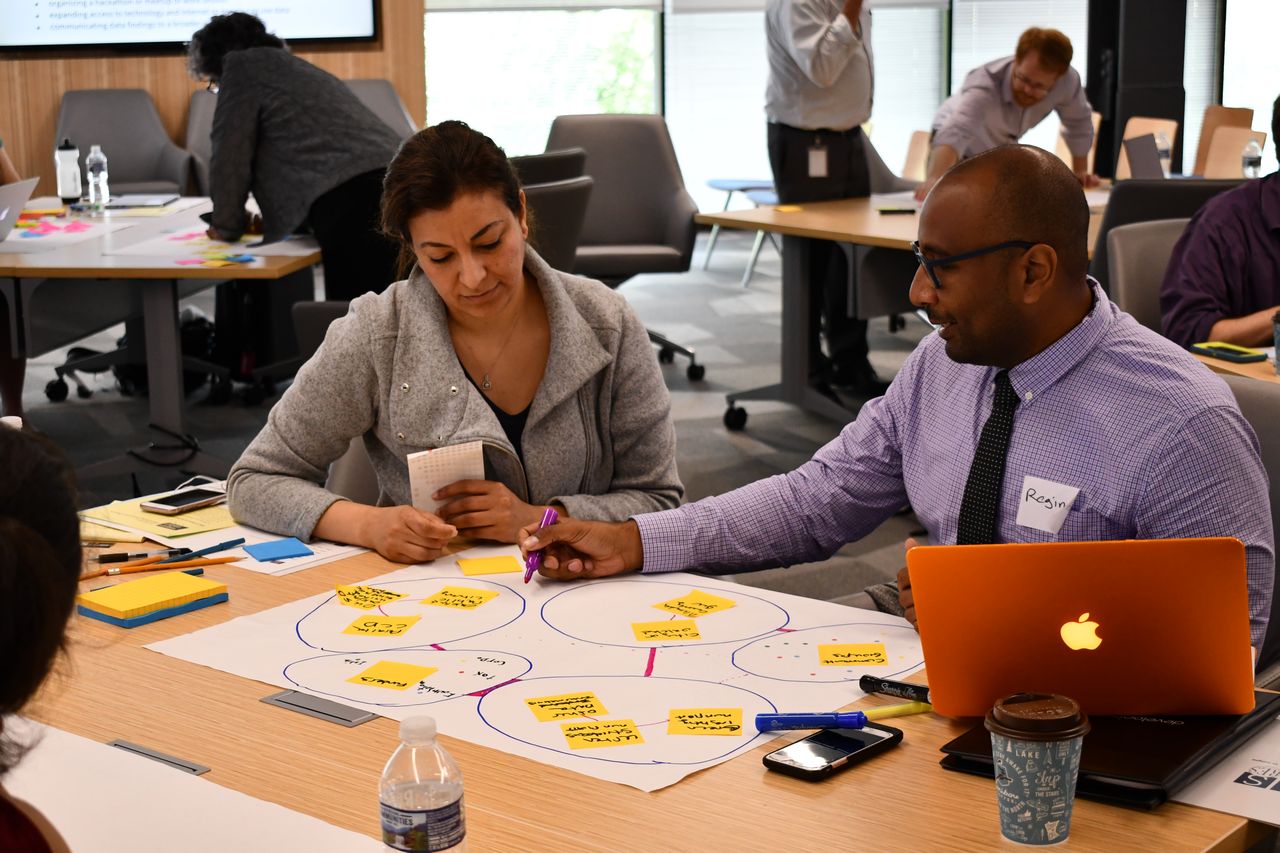
At that point, we all needed to pause for some delicious cookies and baklava. During this break, the participants suggested Birds of a Feather topics on post-its, and voted on their favorites. Organizers grouped them into three discussion categories and re- organized the room to enable these small-group conversations. The topics that emerged were: data management and infrastructure; storytelling to raise resources for civic data collaborations; and data literacy training that does not participate in systems of oppression.
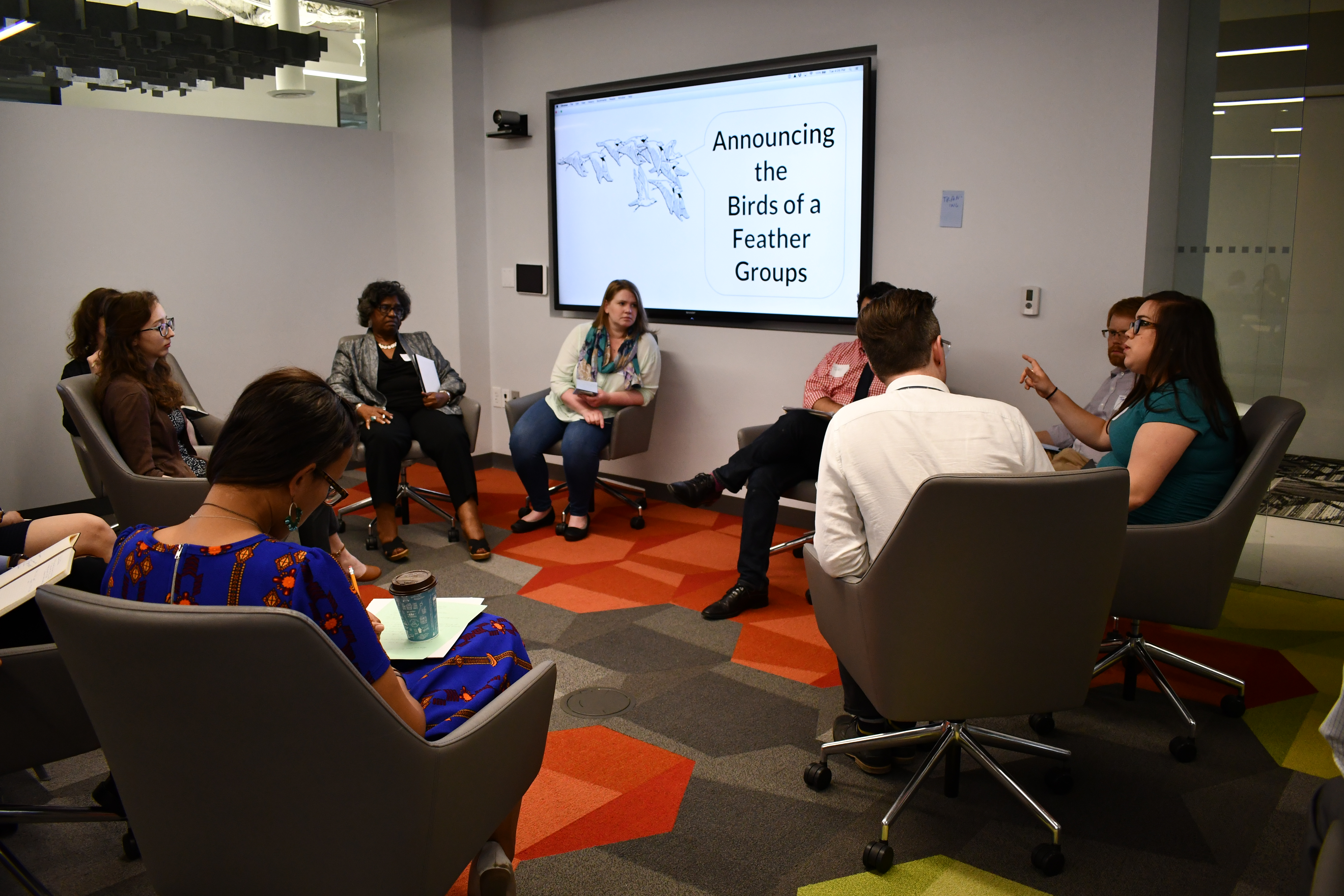
Reflecting on the workshop overall, it was inspiring to see so much enthusiasm and engagement within the teams, and we’re eager to see how the collaborations deepen. While some of the partnerships in our workshop were brand new, we also learned that there are a lot of libraries engaged in civic data activity all over the country. We’re now eager to help support this work by strengthening an emerging community of practice. We’ve already received some feedback that will help us improve the next workshop, which will take place before the Digital Library Federation Forum in Las Vegas this October. Look for our call for applications very soon!
We’d like to give special thanks to our friends at Neighborhood Nexus, Atlanta Regional Commission, and NNIP for providing space and logistical support for the workshop!

